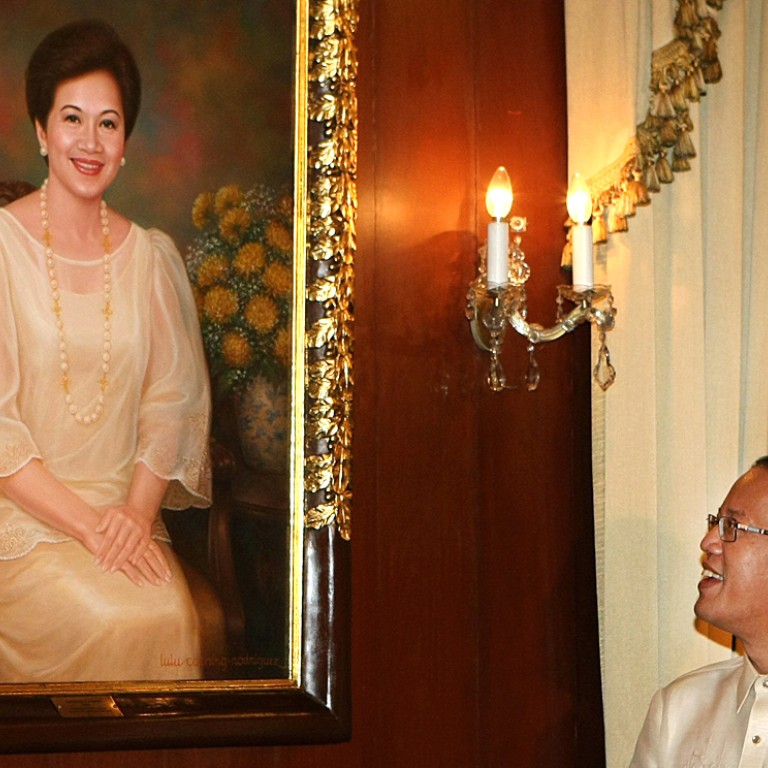
Aquino treading dangerous ground by questioning constitution
Filipinos thought long and hard about the constitution that took effect after the overthrow of dictator Ferdinand Marcos in 1986. They did not want a return to the abuses and excesses of his 21-year rule.
Filipinos thought long and hard about the constitution that took effect after the overthrow of dictator Ferdinand Marcos in 1986. They did not want a return to the abuses and excesses of his 21-year rule, so determined that a single six-year term was enough for the country's leader. President Benigno Aquino's mother, Corazon, was the first to serve under the new legislative framework and she graciously left office when required, considering her job to have been done. It is therefore surprising, perhaps even unseemly, that her son has raised the possibility of constitutional change so that he can again run for the presidency in 2016.
Aquino worries that his reform agenda will be unfinished when his term ends, so believes a second term could be justified. But he has also suggested that a constitutional amendment is necessary to curb the powers of the supreme court, which on July 1 ruled that an economic stimulus proposal he has been advocating was unlawful. Constitutional changes, no matter what the country, can never be taken lightly; that is why in the Philippines it involves a lengthy and complicated process that has to be approved by a referendum. That is necessary to protect the checks and balances that such documents should contain to prevent abuses of power.
Aquino should be only too aware of that: his parents fought against the Marcos dictatorship, his father being assassinated during the struggle. His mother was one of the leaders of the "people power" movement that triumphed. The democracy that resulted is cherished by Filipinos, who take to the streets whenever they perceive authorities are trying to curtail freedoms. The president's suggestion that there is a need for constitutional reform has predictably been met by opposition.
Laws should not be static; they should change with the times as a population requires. But such revisions have to be in the interests of a community. In Aquino's case, whether to improve his party's electoral chances or to serve a political agenda, it seems less about his country than self-interest.

